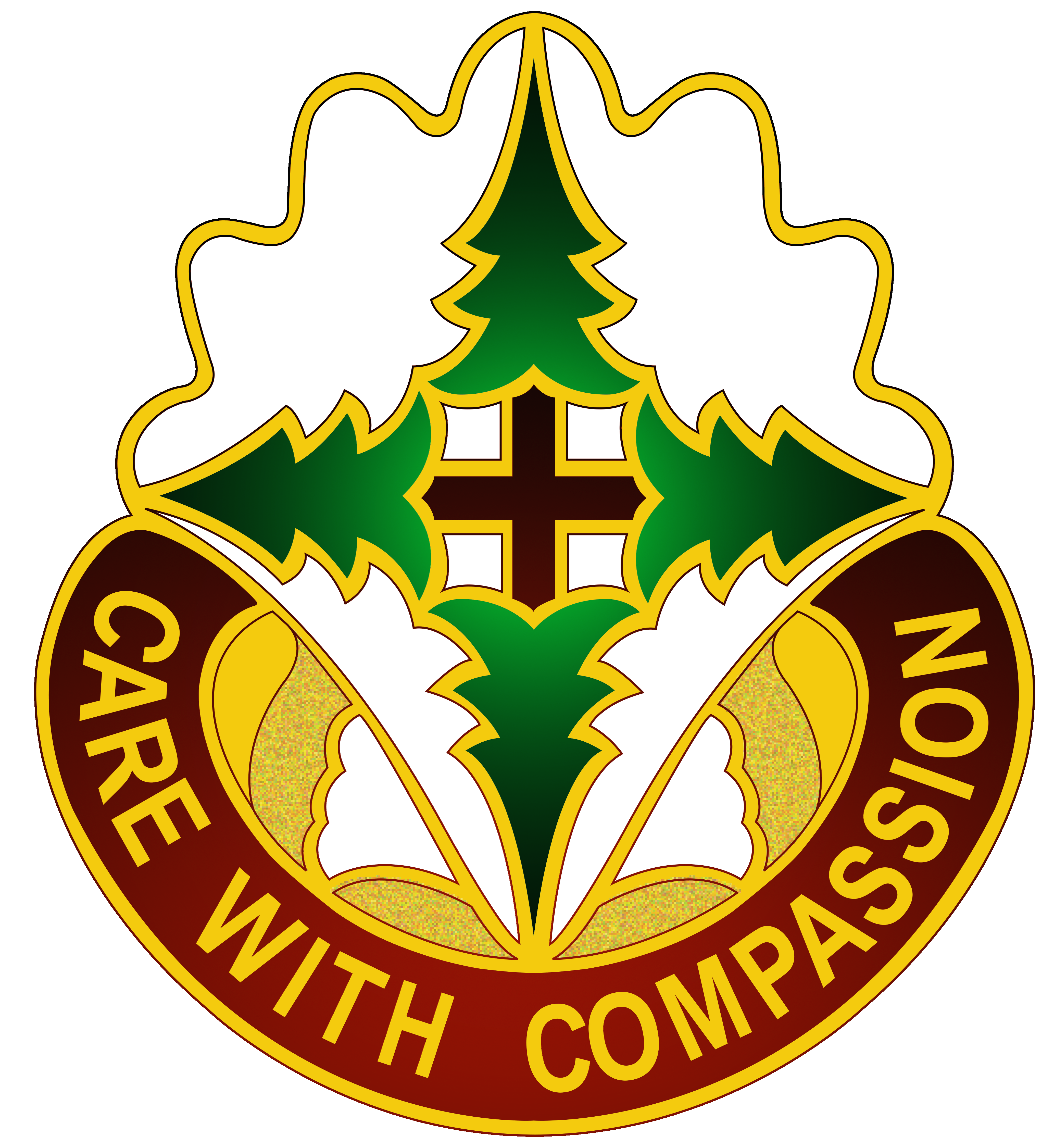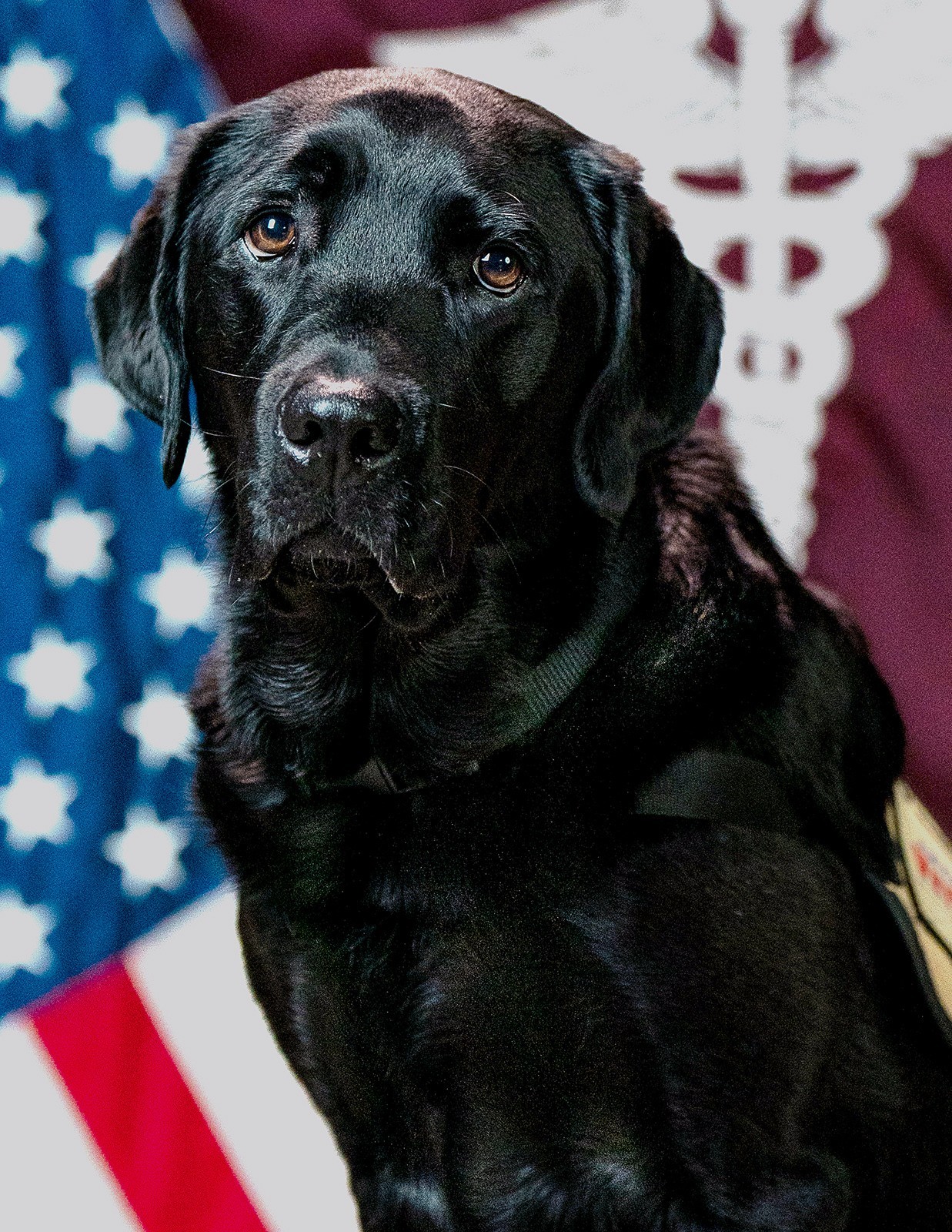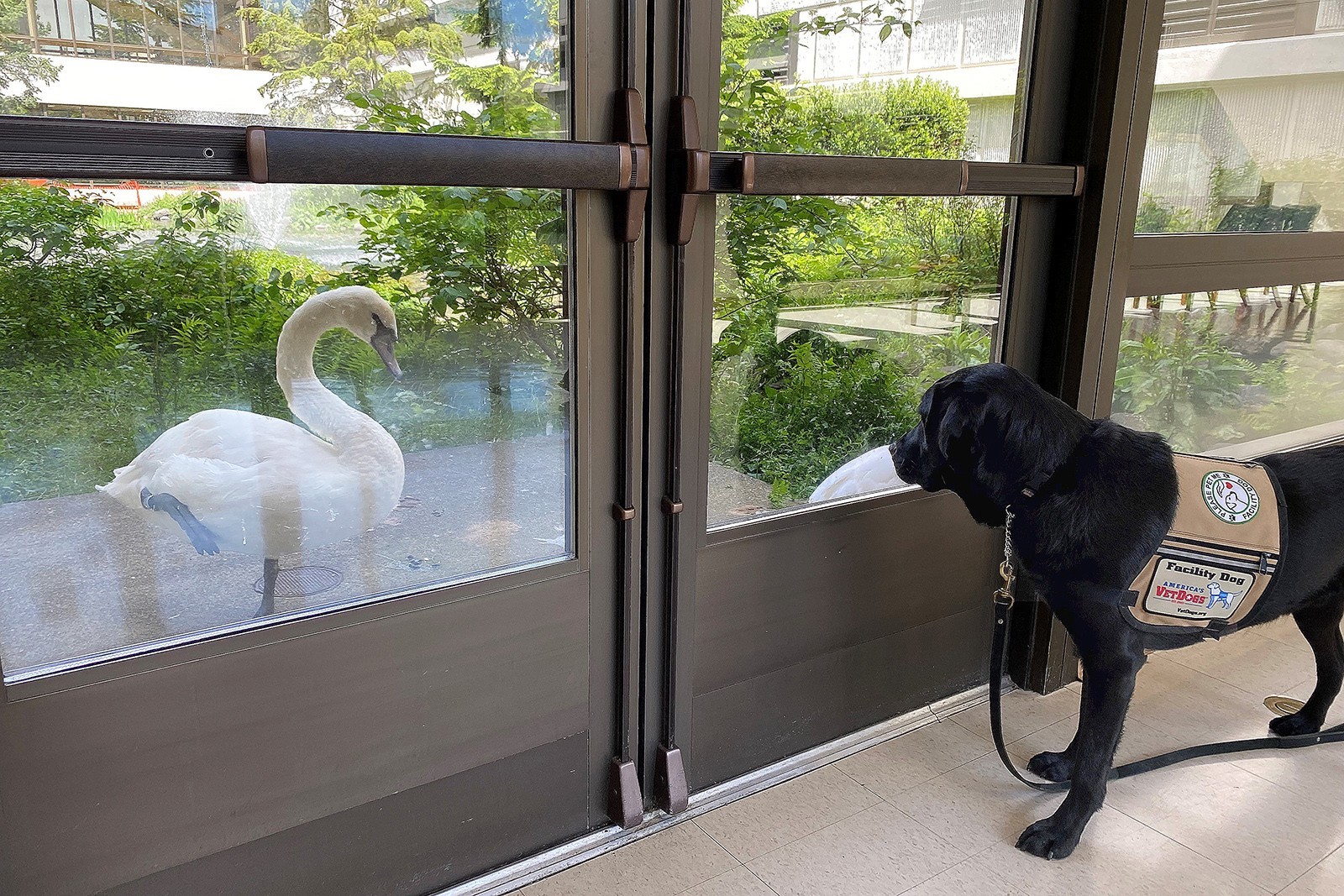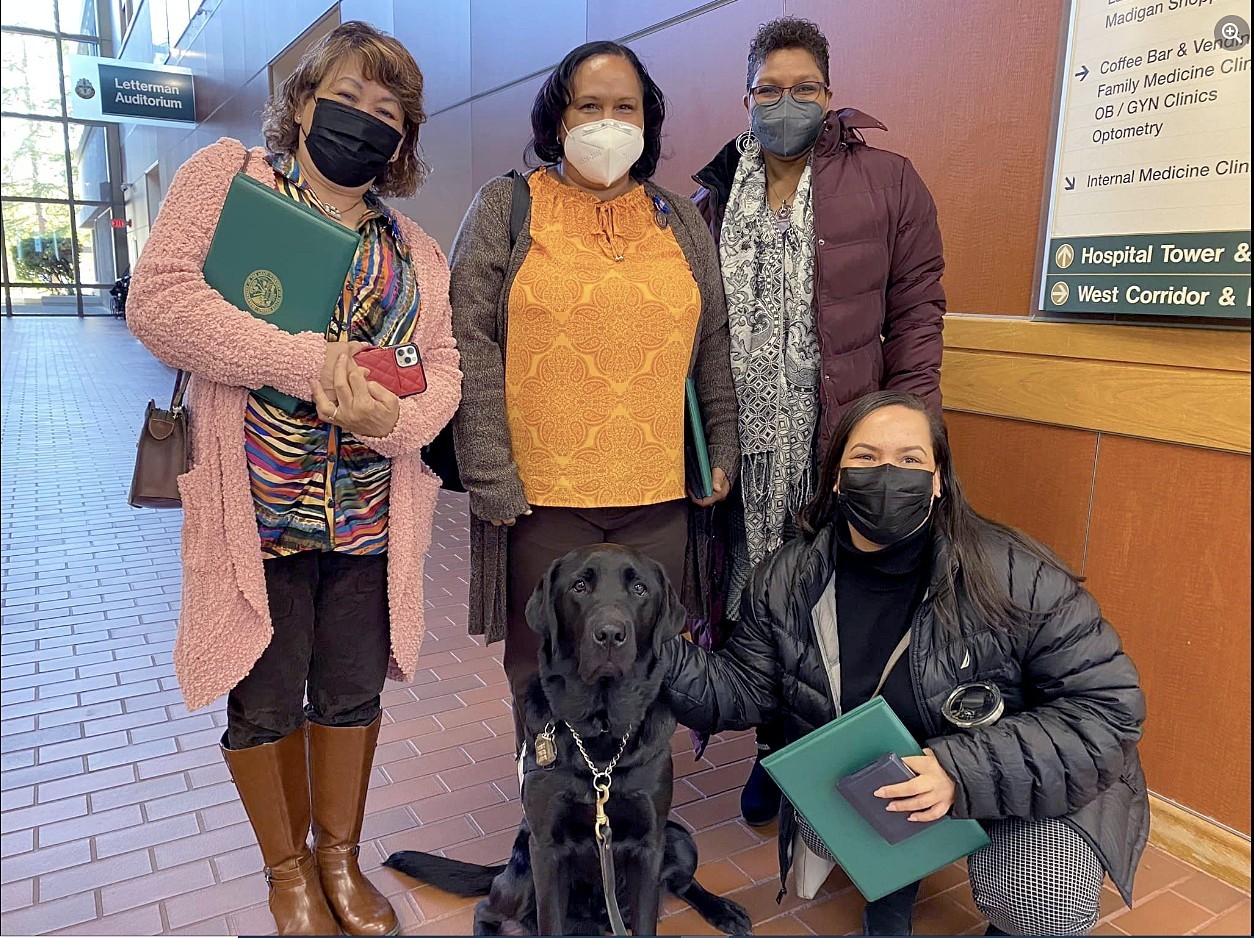About Us
Madigan Army Medical Center
Located on Joint Base Lewis-McChord, Madigan Army Medical Center comprises a network of Army medical facilities located in Washington and California that serve more than 100,000 active duty service members, their families and retirees. Since its opening in 1944 as a temporary hospital for war wounded, Madigan has grown into a tertiary care medical center providing a wide array of medical services, such as general medical and surgical care, patient-centered adult and pediatric primary care, a 24-hour emergency room, specialty clinics, behavioral health and wellness services. Madigan is proud to be a part of a dominant power projection platform as a provider of safe, quality care; an unparalleled education facility; a state-of-the-art research platform; a leader in readiness & deployment medicine, and an engaged community partner since 1944.
As the U.S. Army’s second largest medical treatment facility and a state-of-the-art and technologically advanced medical center, Madigan is one of only two designated Level II trauma centers in Army Medicine and one of four in the state of Washington. Madigan participates in a unique partnership created in the late 1990s with St. Joseph Medical Center and Tacoma General Hospital called the Tacoma Trauma Trust to provide care to non-beneficiary trauma victims beyond the gates of Joint Base Lewis-McChord.
Madigan maintains approximately 220 beds for inpatient care, and can expand to accommodate more than 300 inpatients during periods of urgent need including emergencies. Outpatients are seen at the hospital's medical mall complex handling nearly one million visits annually. Madigan performs more than 45 surgeries, fills nearly 4,000 prescriptions, and delivers eight babies daily.
In keeping with its reputation as an unparalleled teaching facility and modern research platform, Madigan also offers outstanding Graduate Medical and Nursing Education Programs. In fact physician, nurse and medic students enrolled in Madigan’s Graduate Medical Education programs consistently score in the 90th percentile on state and national examinations. Additionally, Madigan’s Andersen Simulation Center, which helps train thousands of doctors, nurses and medics each year, holds the distinction of being the first educational institution in the Department of Defense accredited by the American College of Surgeons.
Madigan also performs research across the entire spectrum of clinical trials, from phase I to phase IV, allowing critical safety and efficacy data to be collected for health interventions.
Madigan is a part of the Defense Health Agency. In the Puget Sound area there is an integrated partnership made up of Army, Navy and Air Force medical facilities serving more than 284,000 local TRICARE beneficiaries in western Washington. Partners include Madigan Army Medical Center, Naval Hospital Bremerton, Naval Health Clinic Oak Harbor and the Air Force’s 62nd Medical Squadron. The MTFs in the Puget Sound geographic area work together with TRICARE partners, Veterans Affairs hospitals, other federal health care organizations, private sector teaching hospitals and medical universities, and other health care partners.
Madigan Facilities
- Madigan Army Medical Center
- JBLM Soldier-Centered Medical Homes
- McChord Medical Clinic
- Puyallup Community Medical Home
- South Sound Community Medical Home
- Madigan Annex
- Sierra U.S. Army Depot Health Clinic, Calif.
- Yakima Training Center Medical Clinic
- Madigan Readiness Battalion
- Soldier Recovery Unit
Madigan is proud of its achievements in delivering health care to its patients and for recognition as one of most wired hospitals by The Most Wired Survey and for its environmentally friendly practices as recognized by Practice Greenhealth.
Madigan Army Medical Center’s Distinctive Unit Insignia
Madigan General Hospital received an official distinctive unit insignia especially designed for the hospital by the Army Institute of Heraldry on 17 July 1970. Informally called a crest, it symbolizes patient care and the Pacific Northwest area served and is inscribed with the motto “Care With Compassion.” The motto submitted by Col. David L. Deutsch, then Chief of the Department of Medicine, was selected from some 400 entries according to the 1970 Madigan General Hospital Historical Report.
Symbolism: The colors mar oon and white are used for organizations of the Army Medical Department. The shell, an emblem signifying life protection, and the fir trees, symbols of life and health, stand for Madigan. The conjoining of the trees refers to the close cooperation of the organization’s highly trained clinicians, who function as a team rather than as individuals to achieve Madigan’s patient care mission. The cross formed by the tree trunks stands for service, care and mercy. The shell, combined with the trees and the roughened lighter surrounding yellow, symbolizes the sand found on beaches located in the South Puget Sound area of Washington. Because Washington is also known as the "Evergreen State," the fir tree suggests a symbol of life, particularly of the spirit and mind, and alludes to the neuropsychiatric field of medicine in which Col. Patrick Sarsfield Madigan, M.D., served so prominently and for whom the medical center is named.
oon and white are used for organizations of the Army Medical Department. The shell, an emblem signifying life protection, and the fir trees, symbols of life and health, stand for Madigan. The conjoining of the trees refers to the close cooperation of the organization’s highly trained clinicians, who function as a team rather than as individuals to achieve Madigan’s patient care mission. The cross formed by the tree trunks stands for service, care and mercy. The shell, combined with the trees and the roughened lighter surrounding yellow, symbolizes the sand found on beaches located in the South Puget Sound area of Washington. Because Washington is also known as the "Evergreen State," the fir tree suggests a symbol of life, particularly of the spirit and mind, and alludes to the neuropsychiatric field of medicine in which Col. Patrick Sarsfield Madigan, M.D., served so prominently and for whom the medical center is named.
Distinctive Unit Insignia Description: A gold color metal and enamel insignia 1 3/16 inches (3.02 cm) in height consisting of a white escallop shell bearing four fir trees conjoined crosswise throughout, green with maroon trunks, all above a maroon scroll inscribed "CARE WITH COMPASSION" in gold letters.
The Madigan Swans Story
A male and female pair of Mute Swans arrived at Madigan on Jan. 27, 1993. They came to Madigan on a mission - to add grace and character to the Madigan Ponds - as well as to help keep the Canada geese away. Mute Swans are territorial and aggressive toward other wildlife, thus making good guardians.
Mute Swans are native to northern and central Eurasia. They were introduced into North America more than a hundred years ago to grace the ponds of parks and estates. The Mute Swan is a member of the duck family and one of the heaviest flying birds with adult males weighing up to 26 pounds and having average wingspans of 90 inches. Mute Swans can live up to 20 years and are easily identified by their white plumage, long curved neck and orange, black-knobbed bill.
A “Name that Swan” competition was held in 1996. The winner was ‘Lewi’ for the male swan named after Fort Lewis, and ‘Madi’ for the female swan, named after Madigan. Mute Swans are by nature monogamous for life and even though our present happy couple is not the original pair, they will forever be called Madi and Lewi.
Madi and Lewi are well taken care of by the staff veterinarians in the Department of Clinic Investigation and fed twice a day with healthy and nutritious food. To supplement their diet, Madi and Lewi are frequently seen bobbing upside down as they feed on the aquatic vegetation on the bottom of the ponds.
Madi and Lewi have become iconic figures here at Madigan. They are Madigan’s mascots and ambassadors of good will. Their beauty, elegance, and stoic presence serve to provide comfort and therapy to those in need.
Maj. Earl, Madigan's Official Facility Dog Since 2022
If you visit Madigan Ar my Medical Center on Joint Base Lewis-McChord, Wash., you may see more than the hospital’s iconic swans, Madi and Lewi. You may also meet up with the mellowest black Lab in the facility dog business.
my Medical Center on Joint Base Lewis-McChord, Wash., you may see more than the hospital’s iconic swans, Madi and Lewi. You may also meet up with the mellowest black Lab in the facility dog business.
Earl, or, Maj. Earl, was "commissioned" as an honorary captain in a July 2022 ceremony and subsequently promoted in May 2024. He is black Lab trained specifically for service in a military treatment facility.
In Florence Nightingale’s seminal work, “Notes on Nursing,” first published in the U.S. in 1860, she stated, “A small pet animal is often an excellent companion for the sick, for long chronic cases especially.”
While managing nursing at Scutari Hospital in Turkey during the Crimean War, she introduced a tortoise named Jimmy as a pet for the wounded soldiers.
The Florence Nightingale Museum in London has resources reflecting Nightingale’s support of animal therapy, noting that she understood the joy and calming effect animals could bring people.
Research is proving Nightingale was onto something.
“Dogs have been shown to reduce stress, anxiety and depression on a molecular level in those that participate in HAB [Human-Animal Bond] programs,” said Lt. Col. Todd French, the Army Veterinary Corps Department of Defense advisor on the human-animal bond and deputy commander of Public Health Activity Hood in Fort Hood, Texas. “Studies show that HAB program participants have statistically significant lower stress hormones (cortisol) after even just a brief (as little as 5-minute) interaction with a dog. Novel research into the effects of HAB also shows that participants have a dramatic increase (up to 300%) of the bonding/love hormone (oxytocin) during dog-human interactions. As you would expect, a beneficial hormone profile helps promote positive mental health and anxiety reduction.”

The benefits of animals and humans relating appear to be universal. Patients, providers and the animals are all positively affected by these interactions.
“A recent study out of an Edmonton, Canada university emergency department showed that patients had clinically significant improvements in not only anxiety, depression and well-being, but a decrease in pain after only a 10-minute interaction with a handler-dog team,” elaborated French.
People are generally fairly aware of how animals can aid people, as service dogs are quite commonplace. But, there is likely not considerable thought given to the influence a dog can have on the care team.
“Additionally, dogs are scientifically proven to be really good at promoting pro-social behavior. This is extremely beneficial in facility and therapeutic support dog programs as these dogs and their handlers are specifically trained to recognize and address individuals that are withdrawn due to stress. This is also a big win for the healthcare team who also experience the demands of a high expectation job coupled with the potential compassion fatigue of patient care,” added French, whose career passion is the human-animal bond.

Luckily, these gains in physiological well-being have been noted in the animals as well.
What was apparent to the mother of modern nursing is also clear to one nurse at Madigan Army Medical Center on Joint Base Lewis-McChord, Wash.
Tracy Baker, co-chair of the Peer Support Advisory Council and a retired Army nurse and colonel, is now Earl’s handler.
In accordance with DOD policy, Madigan has a Healthcare Resolutions Program that deals with disclosure of adverse events to family and facilitates the patient’s right to be heard in any quality assurance program review of the quality of care. The Peer Support Program is one of the responsibilities of this program. Earl currently visits with all in need of his positive presence, including patients.